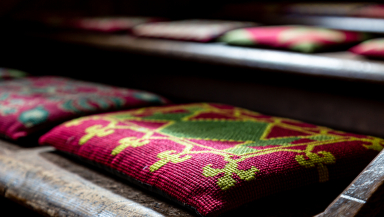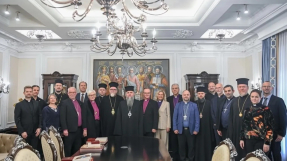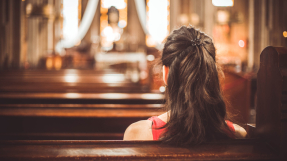
The split within the Anglican Communion following the appointment of Sarah Mullally as Archbishop of Canterbury has continued to deepen.
Last week the Global Fellowship of Confessing Anglicans (GAFCON) announced the creation of the Global Anglican Communion.
"We cannot continue to have communion with those who advocate the revisionist agenda, which has abandoned the inerrant word of God as the final authority and overturned Resolution I.10, of the 1998 Lambeth Conference," said the Most Rev Dr Laurent Mbanda, Chairman of the GAFCON Primates’ Council, and Primate of Rwanda.
The new Global Anglican Communion, as it styles itself, does not recognise the authority of the Archbishop of Canterbury nor any of the Institutes of Communion.
While the breach has roots going back a long way, the final straw was the appointment of Mullally, a woman with liberal views, as Archbishop of Canterbury.
Now Ottar Mikael Myrseth, Bishop of the Nordic Catholic Church, has written to members of the Church of England offering them a “refuge” from a church which has he says has “deviated from the historical faith on human sexuality and holy orders”.
In an open letter, Bishop Myrseth denounced the appointment of Mullally, saying, “both Anglican and Old Catholic tradition has opposed the ordination of women as priests or bishops on theological grounds … Sarah Mulally forwards progressive views on issues like same-sex blessings and the right to life. Together with our Anglican friends we are compelled on theological and historical grounds to reject the legitimacy of her ministry.”
He continued, “We therefore invite Anglicans who are betrayed by the latest development and who are looking for a new home, to join in ‘The Society of the faith of the undivided church’."
He said it would be a place of fellowship and "refuge" for Christians "to withstand the pressure from atheism and secularism without compromises to modern liberalism".
He added, "This is meant to be a refuge for those who have no place to go and have become isolated from their historical ecclesial context.”













